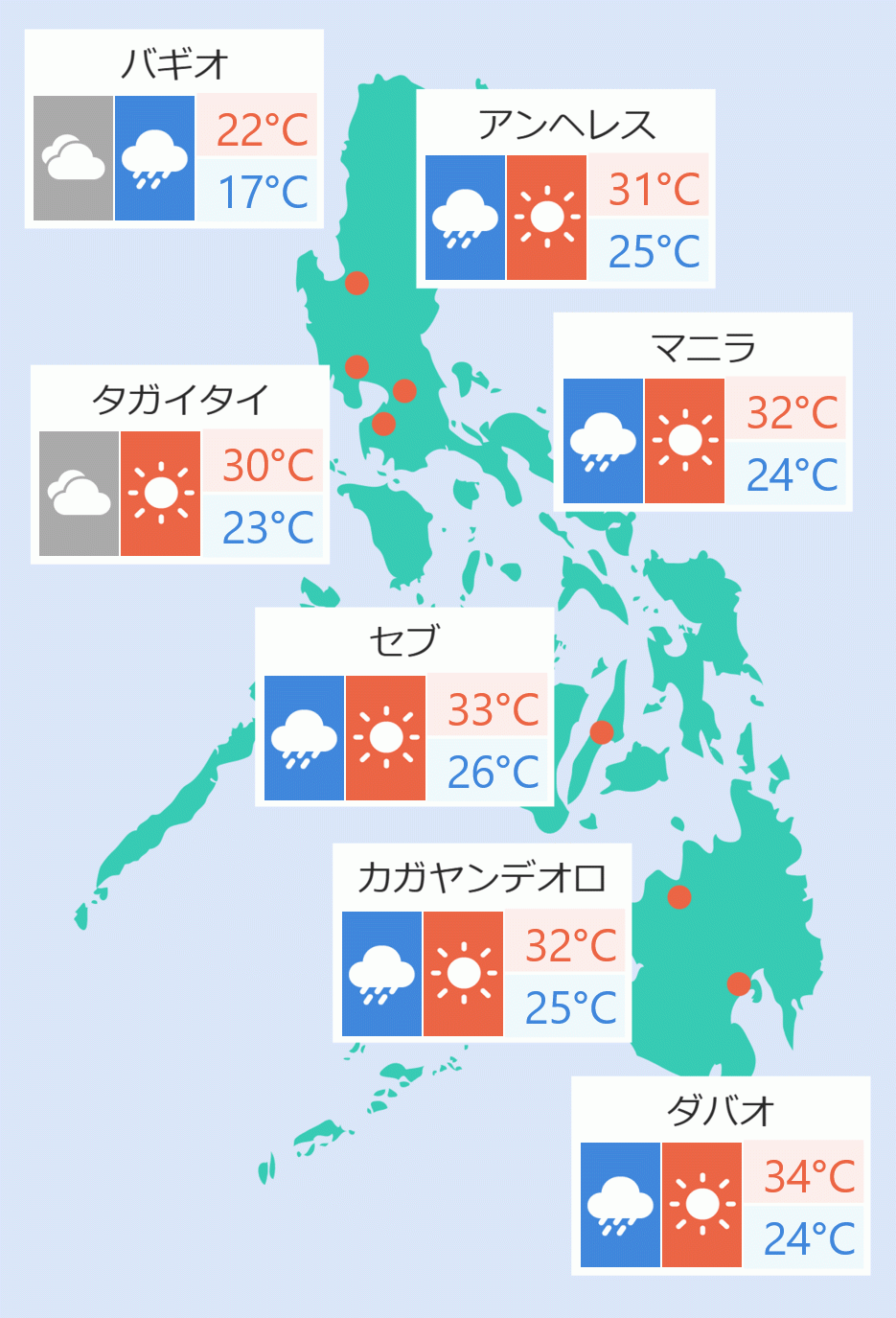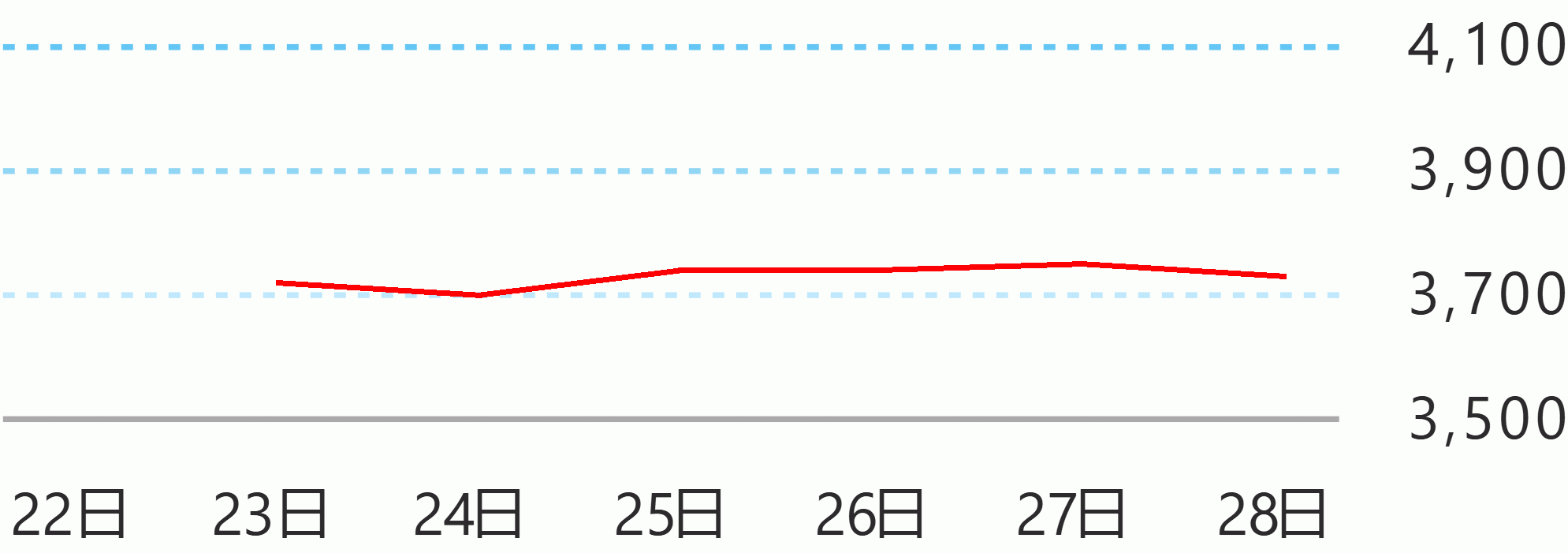Authorities apprehended at least eight crewmen of a merchant ship which came from South Korea carrying radioactive substance in a law enforcement operation in Zambales on Friday, the Philippine Coast Guard ( PCG) spokesman said Saturday.
Capt. Armando Balilo said based on the report by the National Coast Watch Center, the PCG and the National Bureau of Investigation (NBI) nabbed at least eight, including Filipino and Chinese crews, crane operators and the master of the Liberian-flagged merchant ship from Gwangyang Port, South Korea at Cabangan Wharf in Zambales on Nov. 22.
Balilo said authorities intercepted the ship for carrying a toxic substance: phospho gypsum.
“The Department of Environment and Natural Resources (DENR) noted phospho gypsum as ‘radioactive’ due to the presence of naturally occurring radioactive elements,” he said.
Balilo said crane operators and several crew were unloading the toxic substance when the joint PCG-NBI team arrived at the wharf
“The crew said the cargo was intended to be hauled to San Mateo, Rizal. The team immediately boarded the ship and requested the master to present the cargo permits for such operation, but he failed to do so,” he said.
“Hence, the master and crew were informed to cease the unloading operation because of their violations under Republic Act 6969 or Toxic Substances and Hazardous and Nuclear Wastes Control Act of 1990 and RA 9003 or Ecological Solid Waste Management Act of 2000,” Balilo said.
“Before leaving the area, the PCG conducted an inventory of the ship equipment and other vehicles involved in the unloading operation,” he added.
Balilo said the ship master, its crew, as well as crane operators “were arrested and were brought at the NBI Headquarters in Manila for proper custody and further investigation.”
The PCG were tipped off and found out that two other merchant vessels from different international shipping companies carrying the same toxic cargo arrived in Subic Port between August - September 2018 for two incidents of attempted importation, but were denied and ordered to return to its originating ports in South Korea, he said. Robina Asido/DMS





 English
English









